Of course, we cannot fail to mention the role of the author - poet Nguyen Ngoc Tung. Because without sublime emotions, there is no poetry, without passion, there is no poetry. Because just "seeing" is not enough, but we must "feel", and even "think". According to the concept of ancient Chinese poets, the difference between one poet and another is in the level of "thinking". The writer must not only "feel", but also "think" ("ponder") about his "feeling". In essence, "thinking" is the subjective ego, the creative ego and the ultimate individualized experience of the writer.
The foundation and root of “The City of Flying Herons” is the “Sacred Motherland” (Chapter 1), the “Historical Epic” (Chapter 2). That is: “Tam Dao is the mother mountain/ Ba Vi is the father mountain/ The land of the chessboard/ The world has changed for a thousand years/ The chess game is over/ Chariots and cannons have returned to heaven/ Horses and statues have turned into mountains and hills/ The chess player has become the shape of a mountain/ Only the river is rolling with the fullness and emptiness/ White clouds return, white clouds fly again”... That is: “With King Hung/ One sun and moon/ Building the Van Lang State/ Continuing the ancestors’ legacy/ Mother Au Co, father Lac Long Quan/ Descendants and children forever worship”... That is: “Water is the mirror of the sky/ Mountains are the shape of the earth/ Rivers are the source/ Gathering the energy of yin and yang/ The sacred soul of mountains and rivers”...
Interwoven in many sections and parts of the long poem, there are very lyrical and memorable verses/poetic details: “Every year, we hold a party, a village festival/ An ancient incense burner/ The incense sticks are still warm after hundreds of years”; “The stone does not wear away the village covenant/ The words of the ancients are engraved for the future”; “A song is stuck in a song/ I hesitate and cannot untangle it”...
Many ancient folk songs are really beautiful, when read aloud they are profound, used quite reasonably, fluently and somewhat creatively by the author, contributing to increasing the emotional color and meaning of the verse, of the poem. That is also the writer's understanding of ancient culture. It can be summarized as follows: "Even though the chili is spicy, I still eat the peel/ Even though the banana is sweet, I still throw away the outer skin"; "To love you, I split a rocky mountain/ Using the water from the source of the rock to feed you/ Loving you, I stand under the bright moon/ Using the fire of the sun to roast you to eat"...
One element is considered the “simultaneous” technique when the author connects the past with the present, connects the old days with today, through verses that suddenly appear in the very place he is attached to, in the very place where his feet walk. At that time, the poet is also living with the mood of “here” and “now”. “Here” is the living space. “Now” is the time of living. For example: “I walk on the fragments of time/ Touching the rice civilization of the Red River/ Touching the sacred soul of the motherland”; “The old man at the market gate/ Has become a white cloud/ The green clay figurines of my childhood forever”; “No dock, no boat/ But I am seasick in the middle of the high mountains”…
Very few poets have philosophized about buffalo fighting as deeply and logically as Nguyen Ngoc Tung: "Winning and losing are different in each blow/ Winning and losing, people all butcher them/ Meat is thirsty for victory/ Every piece of buffalo meat is salty and bitter in my heart". And I also persistently remember the verses written about my mother by Nguyen Ngoc Tung: "My mother dives in the pond/ Sad in the sun/ Holding a drop of rain/ Swamp Vac waves/ Swamp Vac clouds"...
In my opinion, “The City of Flying Storks”, in musical terms, is essentially a “score” of poetry and a city created and born in the style of Nguyen Ngoc Tung. If viewed through the eyes of painting, through the eyes of artists, it is no exaggeration to say that “The City of Flying Storks” has the value of a logo!
Poet Nguyen Ngoc Tung is the former Chairman of the Vinh Phuc Province Literature and Arts Association and a member of the Vietnam Writers Association. He has published 13 poetry collections, 2 epic poems, 2 memoirs and has won many awards, including the 2nd Vinh Phuc Province Literature and Arts Award (2001-2005) and the Award of the Vietnam Union of Literature and Arts Associations in 2011.
Source: https://hanoimoi.vn/chi-dong-song-cuon-cuon-noi-day-voi-701106.html


![[Photo] Vietnam shines at Paris International Fair 2025 with cultural and culinary colors](https://vphoto.vietnam.vn/thumb/1200x675/vietnam/resource/IMAGE/2025/5/4/74b16c2a197a42eb97597414009d4eb8)

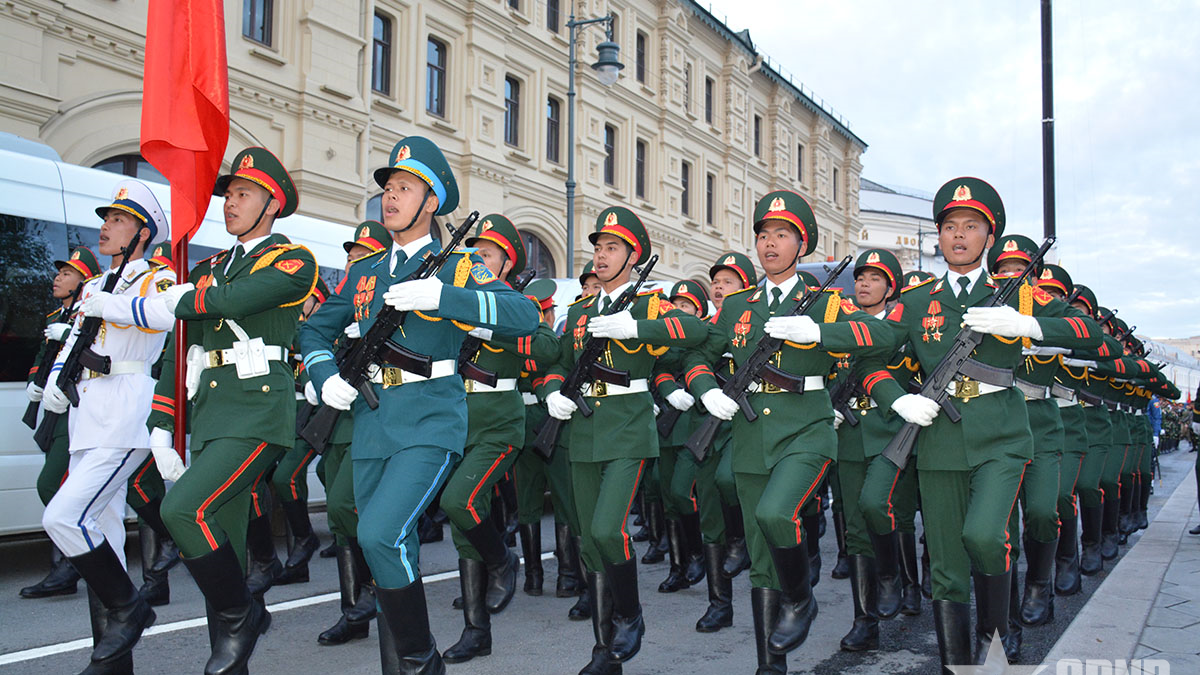
![[Photo] General Secretary To Lam receives Sri Lankan President Anura Kumara Dissanayaka](https://vphoto.vietnam.vn/thumb/1200x675/vietnam/resource/IMAGE/2025/5/4/75feee4ea0c14825819a8b7ad25518d8)
![[Photo] Bus station begins to get crowded welcoming people returning to the capital after 5 days of holiday](https://vphoto.vietnam.vn/thumb/1200x675/vietnam/resource/IMAGE/2025/5/4/c3b37b336a0a450a983a0b09188c2fe6)



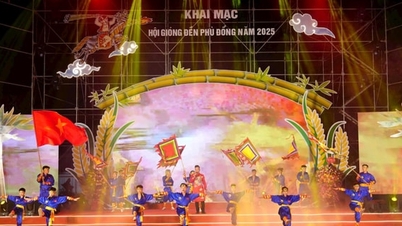

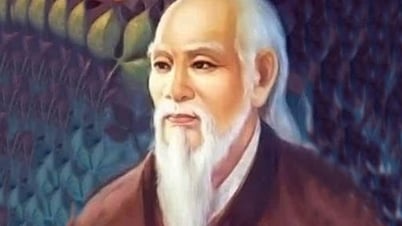







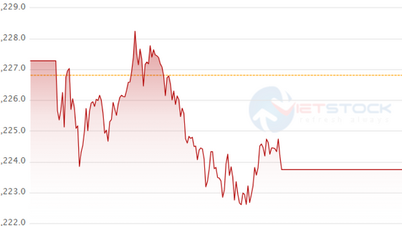
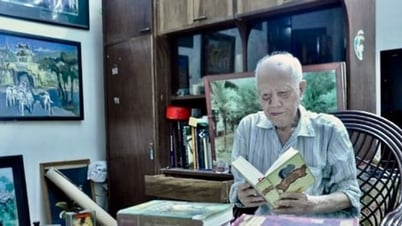
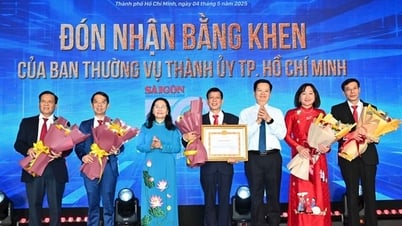


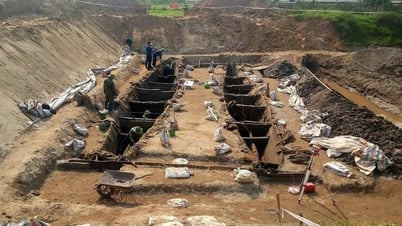







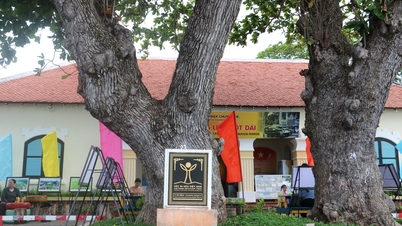

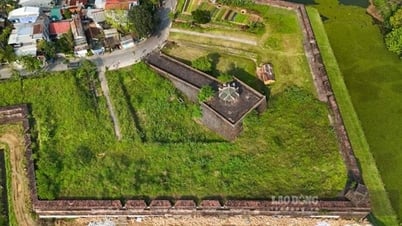




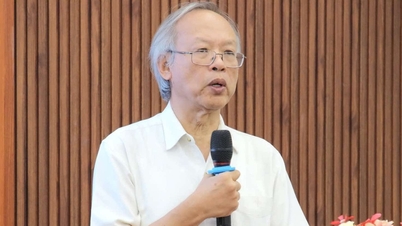

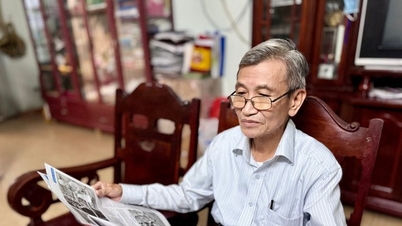
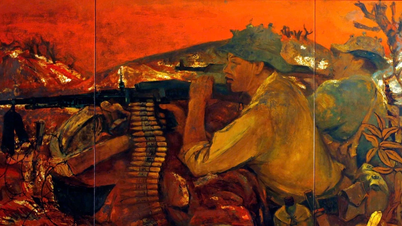

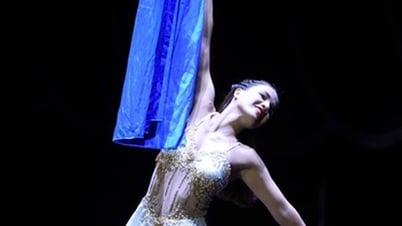













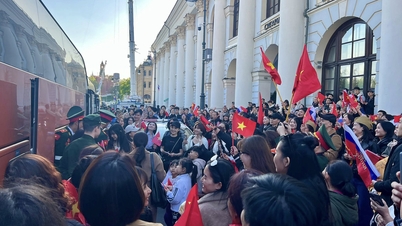


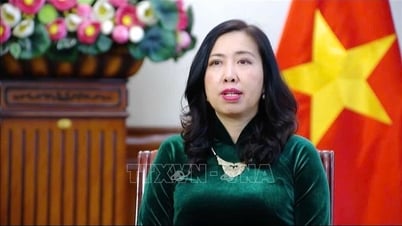




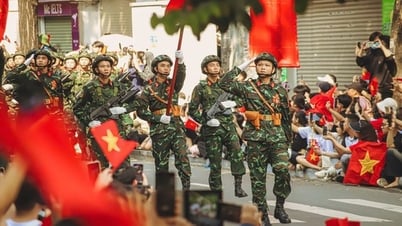

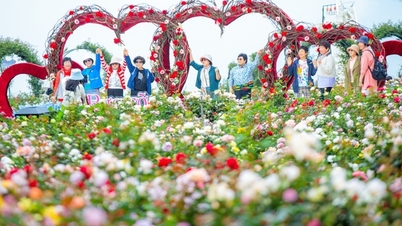
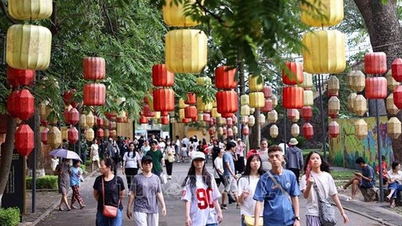
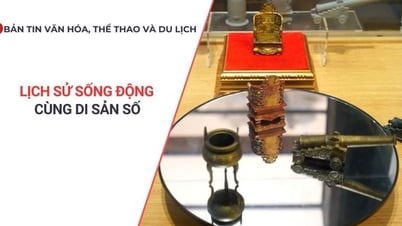






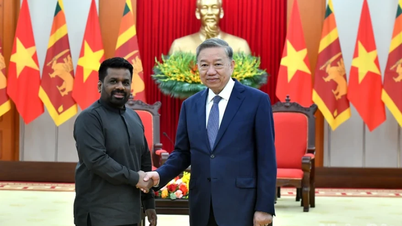






![[Video]. Building OCOP products based on local strengths](https://vphoto.vietnam.vn/thumb/402x226/vietnam/resource/IMAGE/2025/5/3/61677e8b3a364110b271e7b15ed91b3f)




Comment (0)